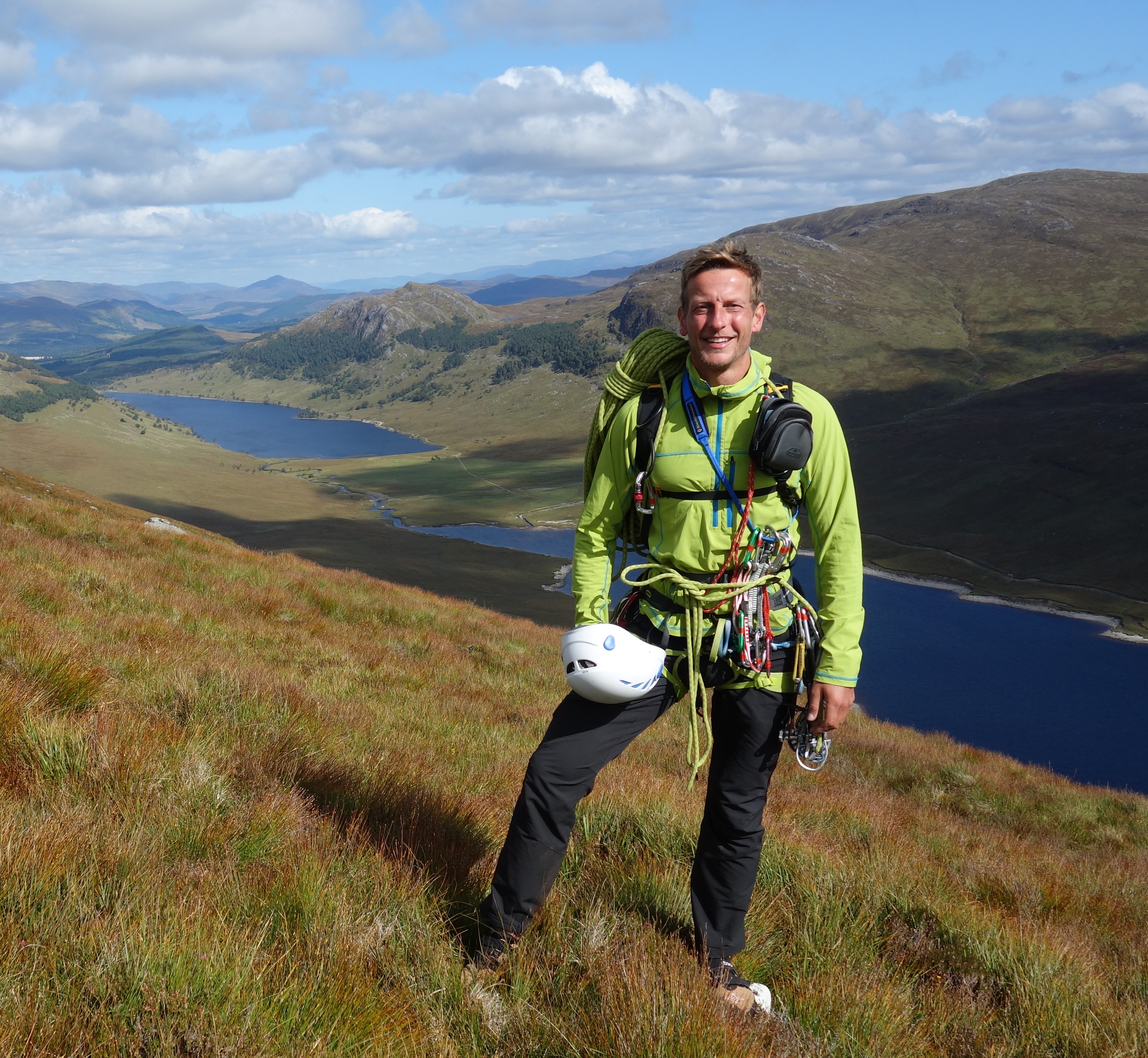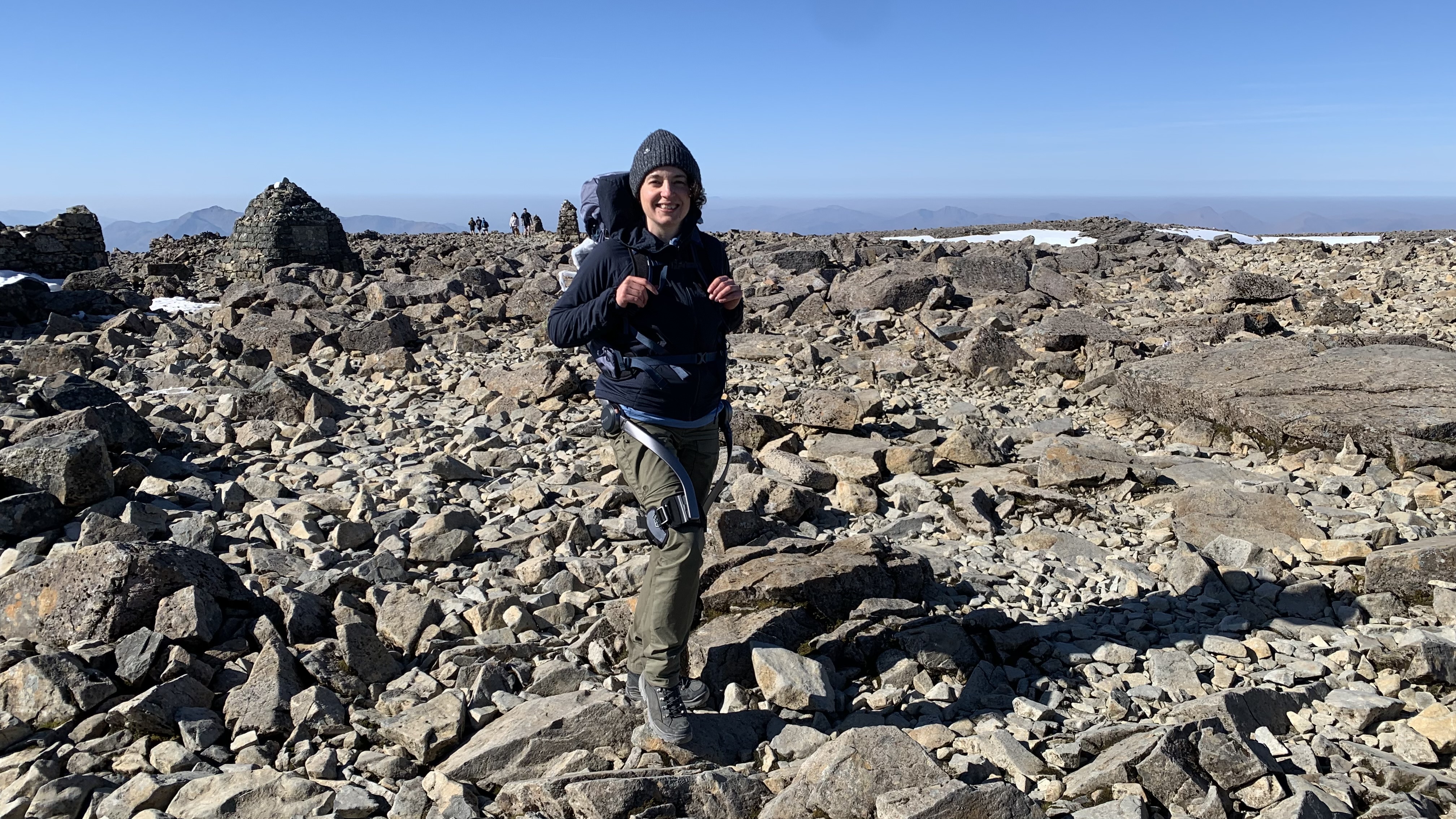What to do when surrounded by cows: how to negotiate a field of cattle on your hike
Know what to do when surrounded by cows while hiking? Learn how to stay safe when bovines are blocking your path
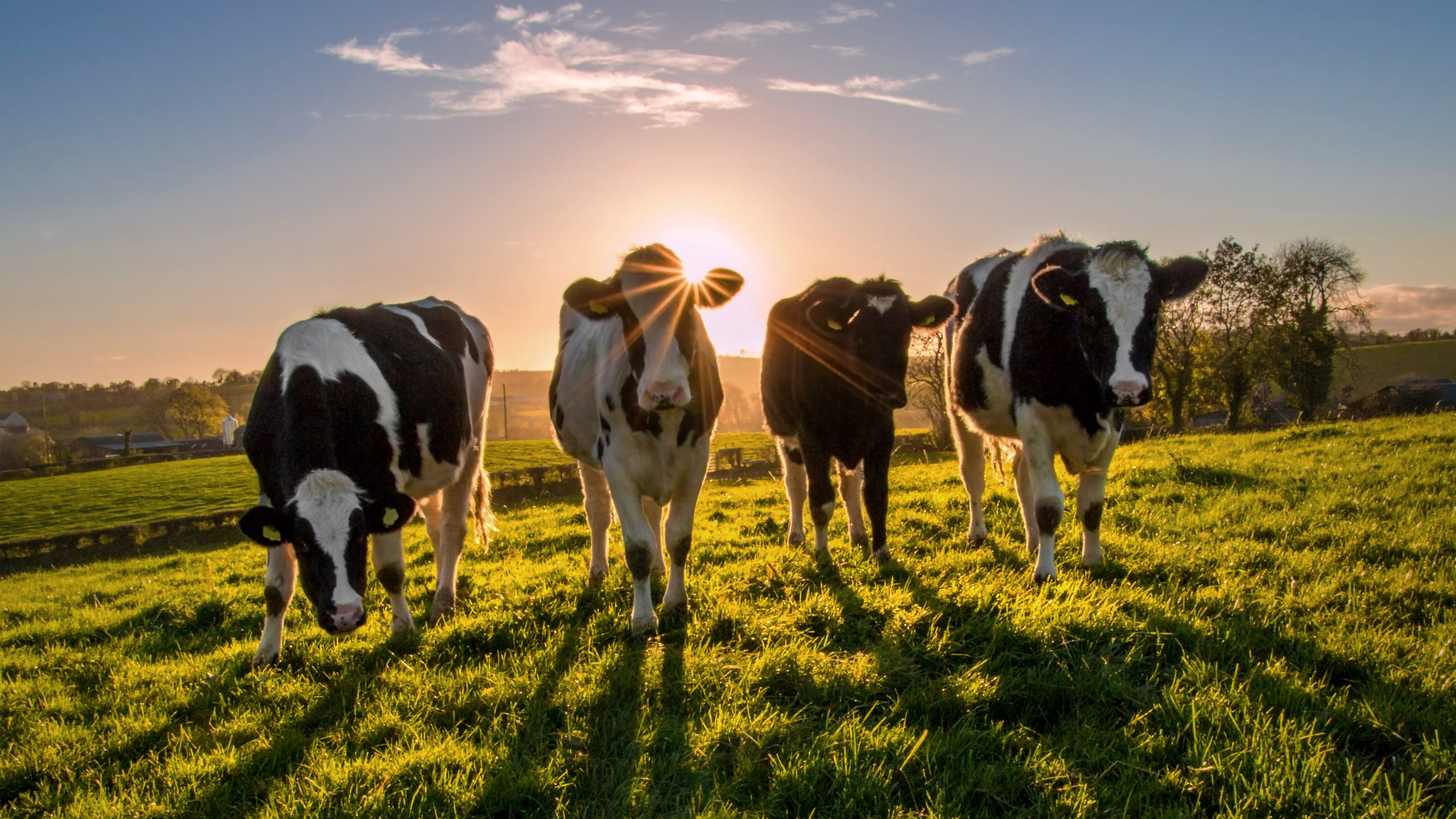
Hiking is an activity that has no shortage of objective and subjective dangers. From snakes, bears, and mountain lions to slips, falls, avalanches, and hypothermia, there are countless ways in which we could meet with an unhappy end while out on our wanders. Curiously, however, one potential source of harm tends to sneak under the radar: cows.
Believe it or not, cows are the deadliest large animals in the UK, having caused 74 deaths in the last 15 years – 18 of which occurred on public footpaths or popular rights of way. Elsewhere in the world, moreover, they only appear lower in the “cause of death” rankings because of stiff competition from the likes of snakes, bears, moose, crocodiles, poisonous frogs and, of course, the mosquito.
Given that so many hiking trails worldwide pass through cow-occupied land, then, knowing what to do when you encounter a field of cattle – and what to do when surrounded by cows – is a piece of outdoor smarts well worth having.
What to do when surrounded by cows while hiking
When to reroute
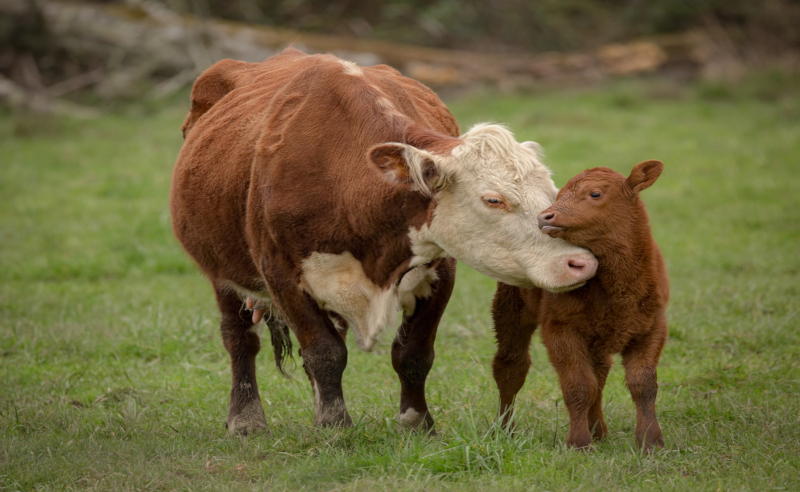
Before entering a field with cows in it, it’s wise to do a little risk assessment to determine whether or not the field is safe for crossing. If any of the following apply, the best option is to reroute:
- There are calves – as with all creatures in the animal kingdom, mother cows are highly protective of their brood and more likely to attack when they have young
- There’s a bull – bulls can weigh as much as 2,000 pounds and are notoriously ill-tempered. But how do you identify a bull? Bulls are usually larger than other cattle and have humped shoulders and more muscular necks and hindquarters. If in doubt, the safest way to ascertain whether the beast before you is a bull or a cow is to take a gander between its legs. If you see an udder, it’s a cow; if there’s a large pair of testicles, it’s a bull!
- You’re pregnant – for reasons not yet explained by authorities on such matters, cows have been known to take an interest in mothers-to-be.
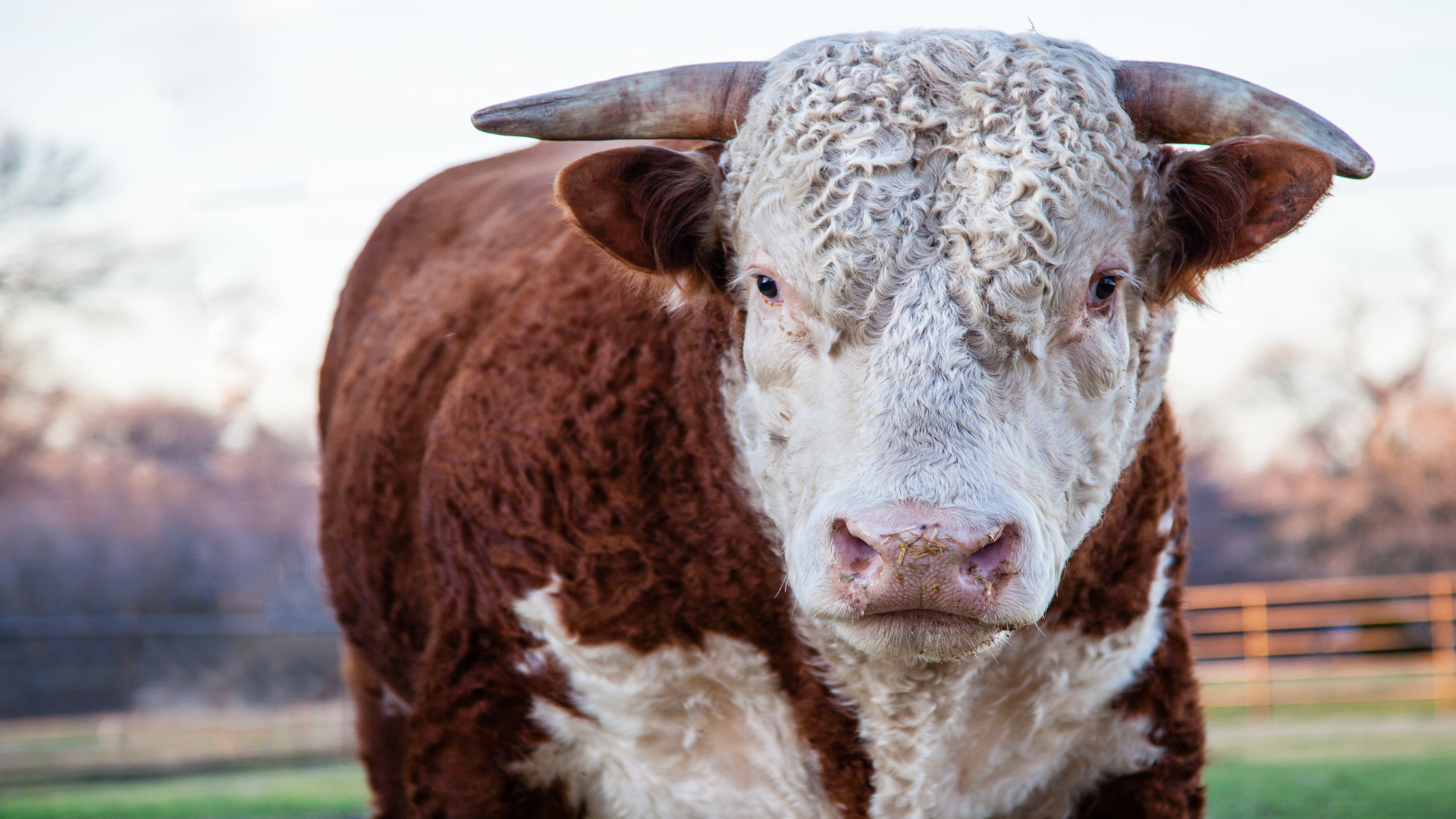
How to cross a cow field safely
Once you’ve established that a field is bull- and calf-free, you still need to exercise caution to get across it without incident.
Before entering the field:
Advnture Newsletter
All the latest inspiration, tips and guides to help you plan your next Advnture!
- Look for an escape route, such as a lower section of hedge, wall, or fencing that you can easily hop over if a cow’s getting too close for comfort.
- Alert the cows to your presence by making a little noise – cows can become aggressive when taken by surprise. If they’ve gathered round to greet you at the gate, try shooing them away or rattling the gate with a stick or trekking pole. If they back off, this is usually a good sign that they will let you pass without becoming aggressive.
Once in the field:
- Walk quickly and try not to make eye contact with the cows.
- Give the cows a wide berth and try to keep a direct, cow-free line of access to your escape route at all times.
- If you’re walking or trail running with your dog, keep it on a short lead and stay between the cows and your canine until you’re safely on the other side of the field.
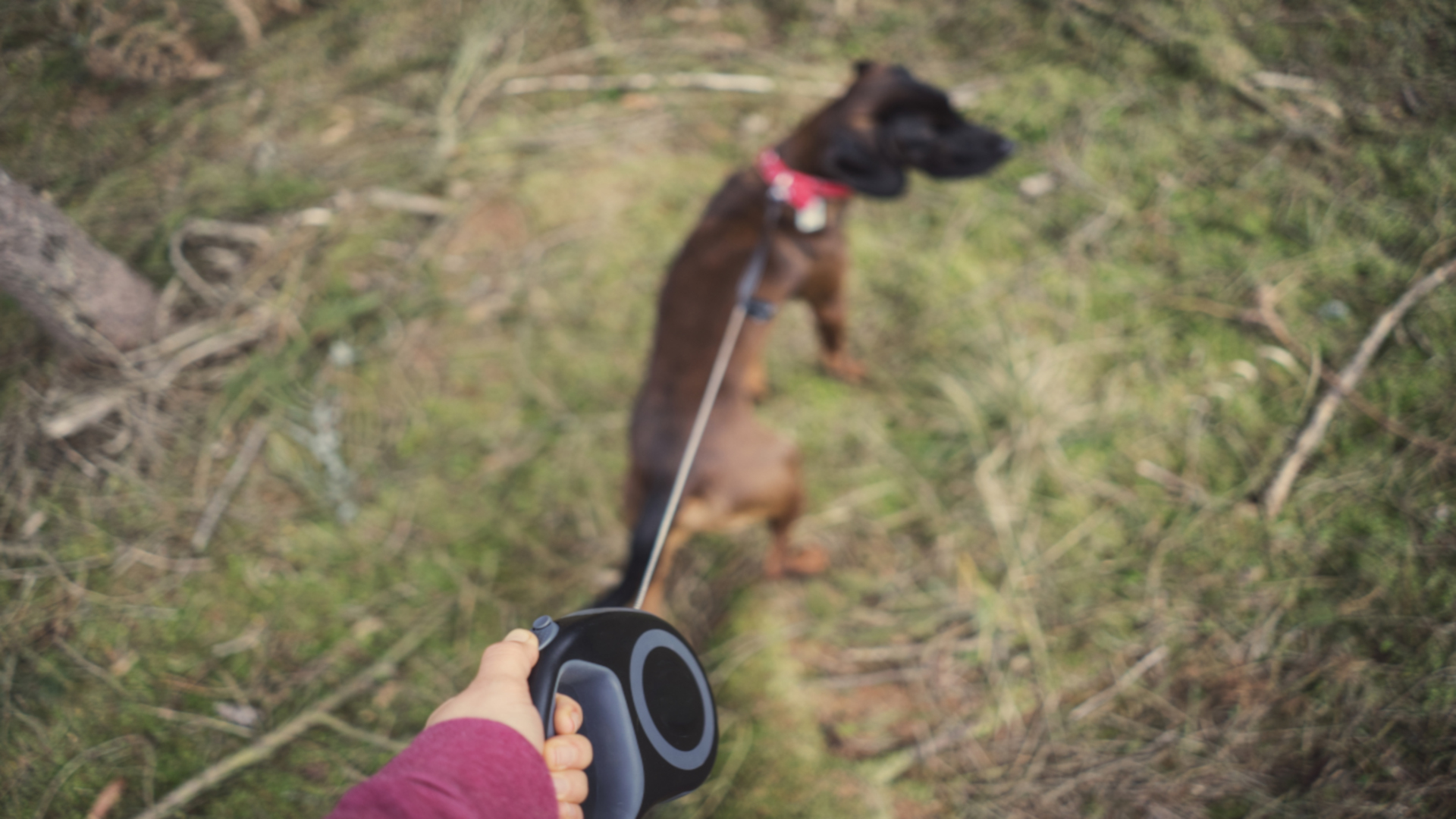
What to do when surrounded by cows – or when cows attack
Cows are sociable and inquisitive critters and rarely pass up the opportunity for a good, up-close-and-personal inspection of new visitors to their pastures. Here’s what to do if that happens to you.
If cows start to approach while you’re crossing the field:
- Don’t panic. Cows can pick up on your emotional state and may become agitated or aggressive if they sense you are uneasy.
- Continue walking at a steady pace towards your exit point. Cows tend to match their pace to yours, so if you up your walking speeding or break into a run they’ll likely do the same.
- Give them a gentle nudge or shove to alert them to your presence if they come within touching distance.
If you think a cow is becoming aggressive (stomping, snorting, pawing at the ground are the usual signs):
- Don’t run – cows can run at speeds of up to 25 miles per hour, so getting yourself to safety before being trampled is unlikely unless you are very close to your escape route.
- Make yourself as big as possible by stretching out your arms and waving them.
- Yell the plea, imprecation, or invective of your choice.
- If walking with your dog, let it off its lead before the cow(s) begin to charge. In most cases, the cow(s) will chase your dog instead of you, and your dog is more likely to be able to outrun or outmanoeuvre it/them than you are.
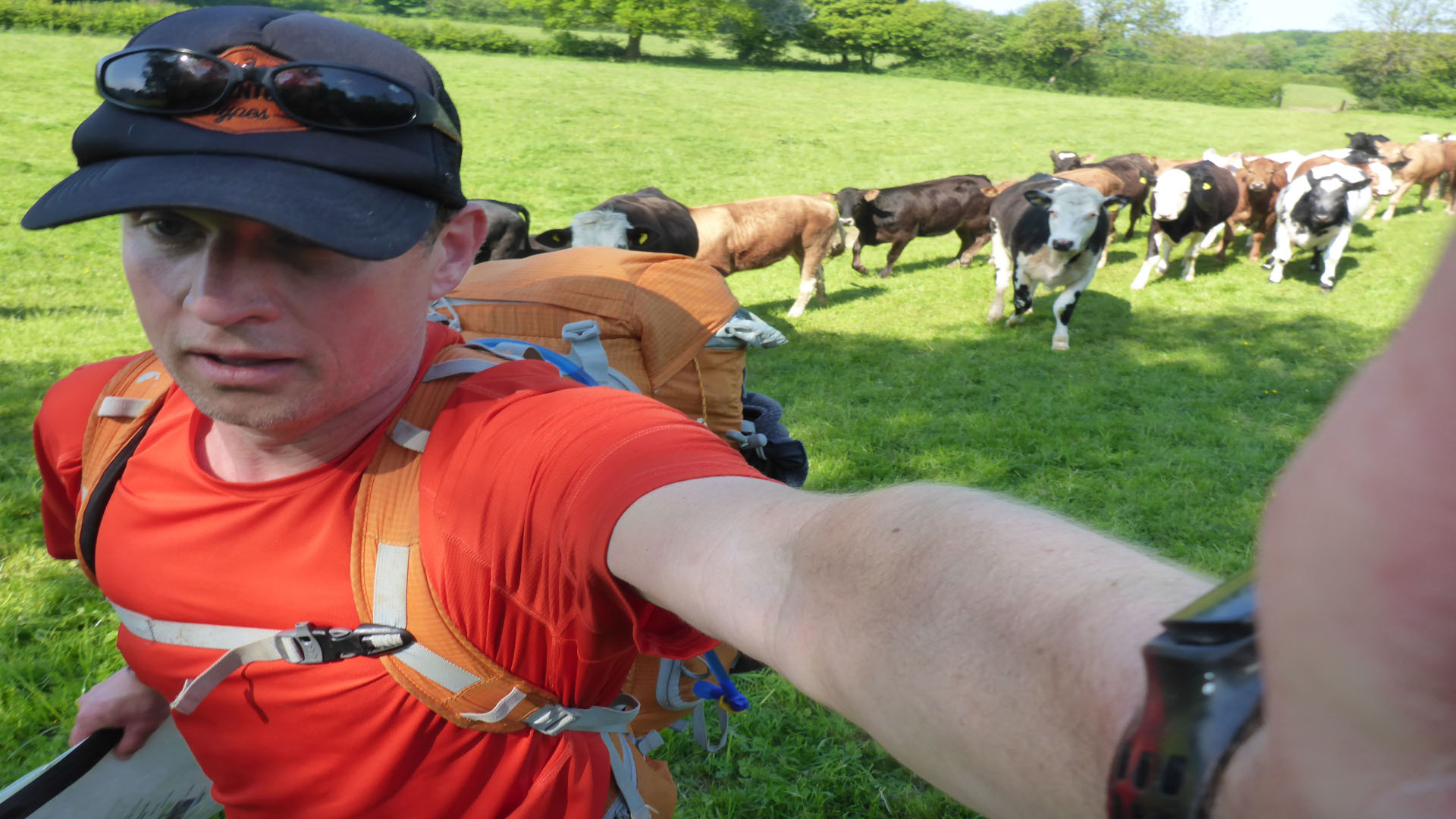
Former Advnture editor Kieran is a climber, mountaineer, and author who divides his time between the Italian Alps, the US, and his native Scotland.
He has climbed a handful of 6000ers in the Himalayas, 4000ers in the Alps, 14ers in the US, and loves nothing more than a good long-distance wander in the wilderness. He climbs when he should be writing, writes when he should be sleeping, has fun always.
Kieran is the author of 'Climbing the Walls', an exploration of the mental health benefits of climbing, mountaineering, and the great outdoors.
